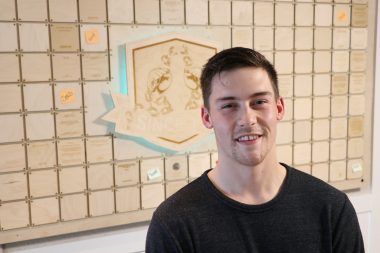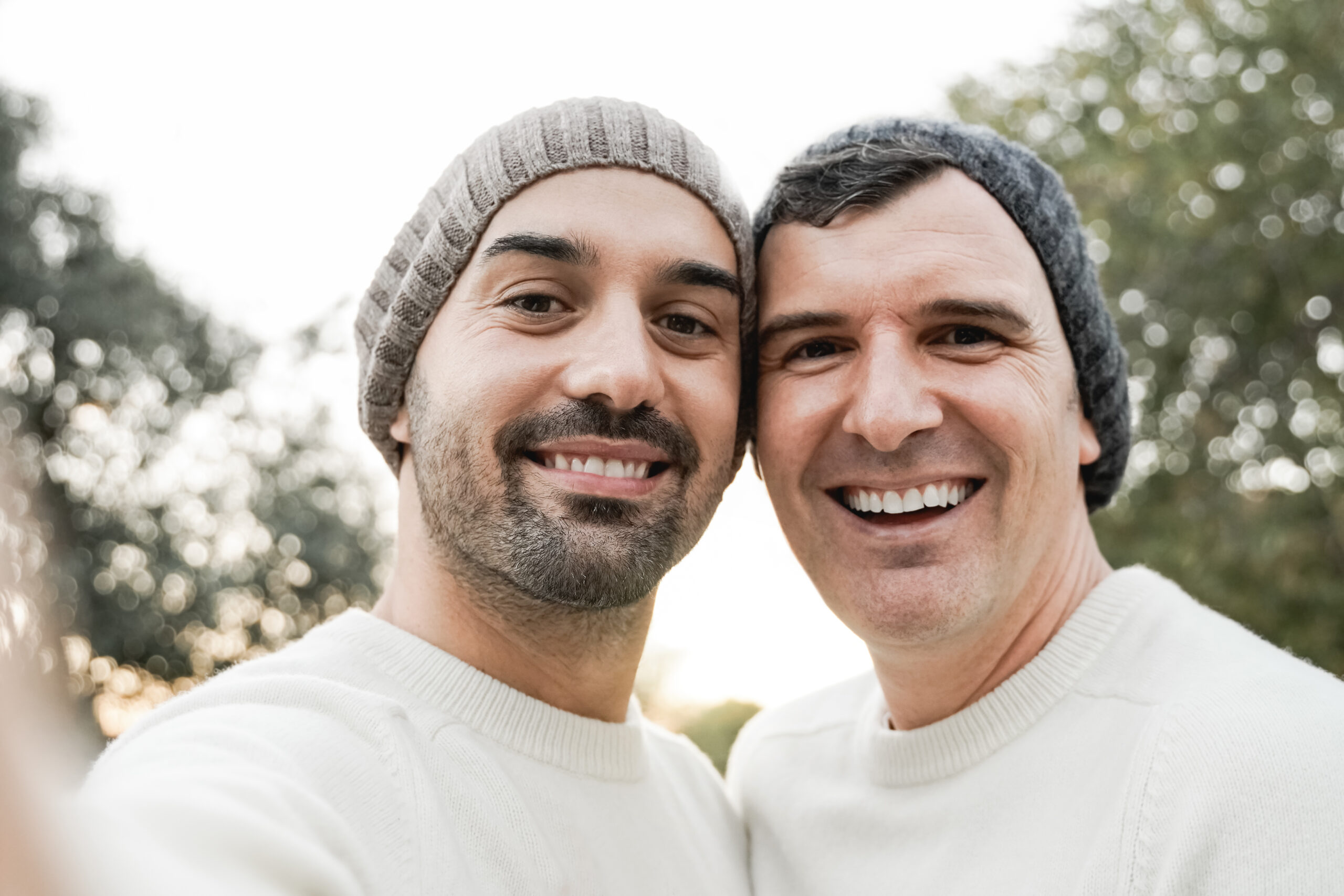Partners are supported during their loved ones treatment process with weekly groups and case management. Its important for the whole family to recover.
Addiction Support for Spouses and Partners
Spouses and partners of people in addiction are often overlooked when it comes to support and resources. Consequently, it’s important for you to know that you’re not alone and that help is available. There’re many organizations and support groups available to help cope with the effects of your partner‘s addiction such as Al Anon, and Nar Anon. Finding a safe and supportive environment where you can talk openly about your experiences and feelings is essential to your own recovery. Last Door offers our own addiction support for spouses and partners because know that it can be just as difficult for you to seek help as it was for your loved one in addiction.
The struggles of addiction can take a toll on the entire family, which is why we offer our own support services specifically tailored to spouses and partners. Our support includes counseling, educational resources, peer–to–peer support, and other resources to help you cope with the challenges of addiction. We also provide guidance on how to help your loved one in recovery and how to set healthy boundaries. With our help, you can take an active role in your loved one‘s recovery journey.
What is Partners Group?
This facilitated group is to support all partners of Last Door’s clients and recent alumni. Partners Group participants gain knowledge and understanding of both addiction and recovery. The Group teaches the art of forgiveness, and helps facilitate boundaries, safety and allows partners to have their own support group and program of recovery and healing.
This group is an excellent choice for partners of people with a substance use disorder. It provides an opportunity to find support and validation in a safe, non–judgmental environment. Group members can share their experiences, learn from one another, and develop healthier communication and coping skills. They can also build a stronger understanding of the disease and how to effectively support their partner‘s recovery. Couples and family counselling may be offered in conjunction with this group to support healing and wellness.
This group fosters social connections and supports for partners and supports the stabilization of healthy communication for family life. Similar to family group – participants are partners only, as is not co attended by the loved one in treatment. Participants share their experiences, thoughts and feelings, and get supported by other group members.
Sue’s experience with Last Door
Effects of Dealing with Your Partner’s Addiction
Dealing with someone who is destroying their lives and causing harm to those they love is often a frustrating and lonely experience. It’s important to remember that addiction is a disease, and the person suffering from it is not in control of their behavior. The best way to support someone who is struggling with addiction is to be a source of compassion, understanding, and support. Be patient and understanding, and to provide them with the resources they need to get help. If they are not willing to seek treatment, it is important to set boundaries and take care of yourself. This may include not enabling their behaviors or providing them with money. Partners in this position often suffer side effects that include:
- Social Isolation
- Stress related illnesses
- Confusion
- Memory Loss
- Guilt
- Shame
- Fear Sleeplessness
- Weight Loss/Gain
Be Aware of Co-Dependency
Co–Dependency is something partners of addicts deal with. It’s a type of relationship in which one person (the codependent) is excessively reliant on the other person for emotional support, and often involves sacrificing their own needs to take care of the other. This can lead to unhealthy dynamics in the relationship, like enabling the addict‘s behaviour, and difficulty setting and maintaining boundaries. Recognizing Co-Dependency can be difficult be these are some of the signs to watch for:
- Having difficulty making decisions without seeking approval from someone else.
- Feeling codependent when you are in a relationship, or even when you are not in a relationship.
- Feeling responsible for the emotions and behaviors of other people.
- Feeling like you cannot be happy unless the other person is happy.
- Having difficulty expressing your own thoughts and feelings.
- Being overly accommodating to the needs of other people, even when it causes problems for you.
- Feeling like you are not good enough or not worthy of love or respect.
- Having low self–esteem, feelings of worthlessness, and extreme sensitivity.
- Having difficulty setting healthy boundaries, or not having any boundaries at all.
- Feeling trapped, helpless, and hopeless in certain relationships.
Take our Codependency Self Test, see if your are being codependent
Addiction is a Family Disease
At Last Door we realize how the addiction of the primary client has affected those who love him. We recognize the need to involve loved ones actively in the recovery process and offer support and education to them. It’s been said that addiction is a family disease, hence recovery itself is best accomplished from a family perspective. Addiction can have a devastating effect on the entire family, and recovery can be a long difficult process. Last Door’s family–centric approach to recovery helps to provide the support and understanding needed to help an addict overcome their addiction and gain the strength to recover. Providing a safe and supportive environment that allows addicts to work through their issues and develop skills they need to remain abstinent and move forward with life is what Last Door does. Partners can also provide emotional support, understanding, and accountability, which are invaluable resources in recovery.
Finally, it is important for partners to look after themselves and practice self–care. Taking care of one’s own physical and mental health can take precedence over the addict’s needs and help provide a solid foundation for the relationship.
If you or someone you love is suffering from addiction, contact us today and learn how we can help.
Keep Reading
10-Day Addiction Treatment Intro to Recovery Program
Considering treatment for your substance use? Not ready to commit to a longer…
A loved one needs help
Addiction harms the entire family, and recovery can heal the damage. Our free…
Freedom from Opiate Use
Don't let Fentanyl destroy your life, the overdose crisis can be overcome with…
Testimonials
“It was important to do long term treatment because I got to establish social skills and other skills that related to, getting clean and being back in a community and getting job skills and using those things to intergrade back into a community.”



